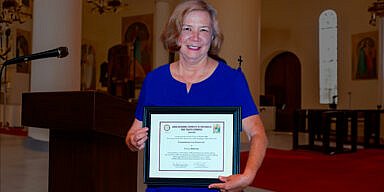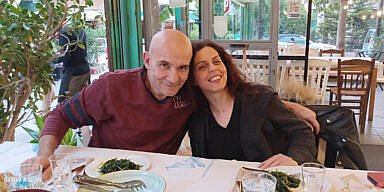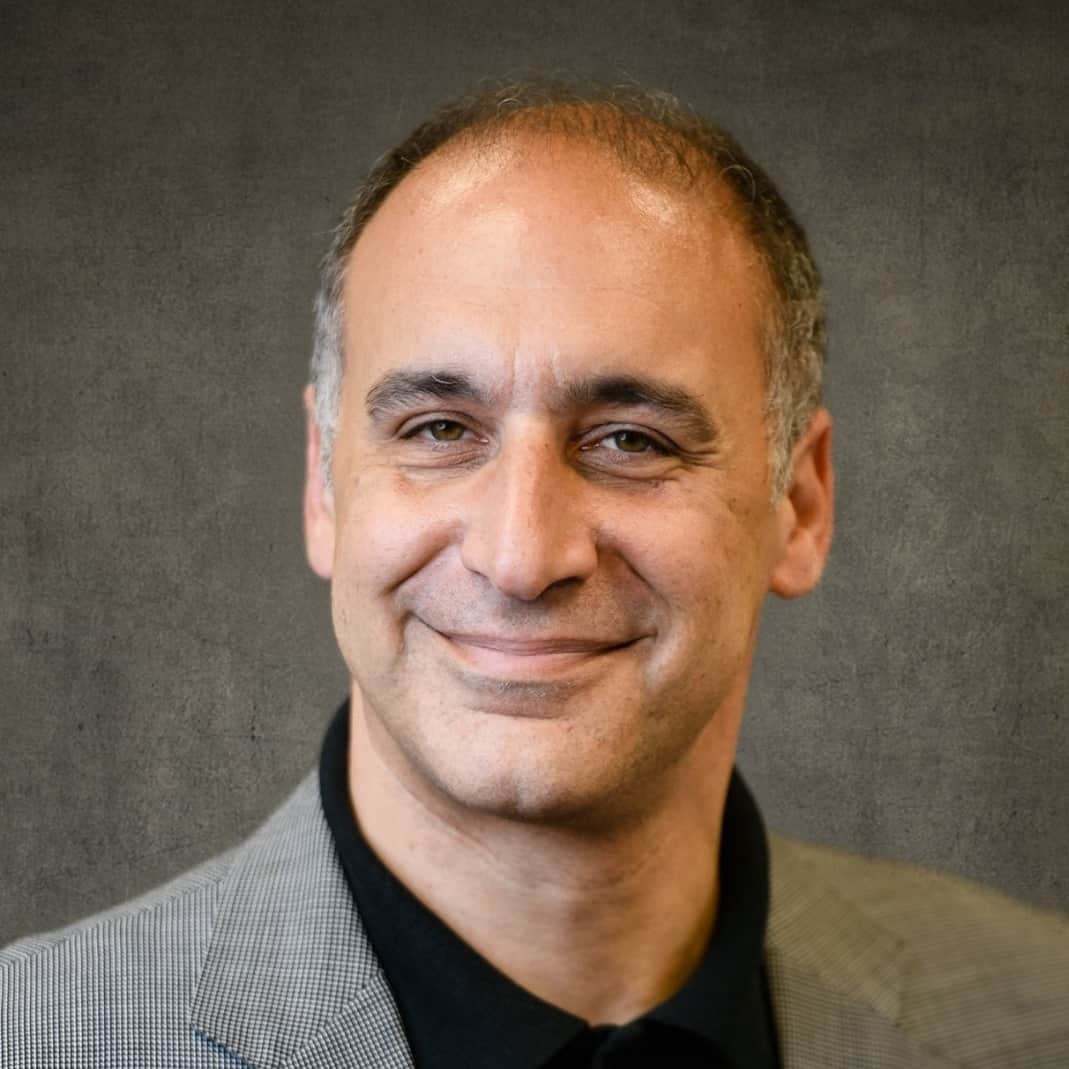Histories often conform to a narrative, which is often simplified or edited for reasons of brevity or emphasis. The typical Greek-American historical narrative will focus on the mass immigration of generally impoverished Greeks to the United States in the late nineteenth and early twentieth centuries, the return to fight in the Balkan Wars, and subsequent various struggles with bigotry followed by ultimate acceptance and economic success.
Certainly, this is the greater part of the story, and most of Greek-Americans, descend from several waves of twentieth-century Greeks. This is not, however, the whole story. It is not even close, in fact.
It is known that Greeks were sailing with Spanish conquistadores from the 1500s and that a Greek, Juan de Fuca (Phocas) sailed the Pacific and had a strait, located between Washington State and the Canadian province of British Columbia, named after him. Furthermore, in Clearwater, Florida, there is a statue of Theodor Griego, said to be the first Greek to set foot on what became the United States in 1540. Clearwater is just south of Tarpon Springs, a fishing village with a large Greek presence which dates from the early 1900s.
In Florida, there is also the colony of New Smyrna, which contained a large number of Greeks and may be the site of the first Greek school in America. Perhaps, these Greeks had a priest among them and had ad hoc religious ceremonies. No records of such a church or congregation exist, but the simple absence of documentation does not itself rule out some sort of religious life among these Greeks. That being said, the first established Orthodox Church in the United States was in New Orleans, with the community founded in 1864 and the Church building in 1866. Any attempt to suggest that New Smyrna, rather than New Orleans, was the site of the first Greek Orthodox Church is wishful thinking and counterfactual.
The Key Role of Hydra in the Greek American Story
According to the Holy Trinity Archives in New Orleans, the second Greek in New Orleans was the Hydriot, Andreas Dritsakis, known locally as Andrea Dimitry. He married the daughter of the first recorded New Orleans Greek, Miguel Dragon, in 1799, and his family became prominent in New Orleans society.
In the era prior to the Greek War of Independence and particularly during the Napoleonic Wars, Hydra and the other smaller “Naval Islands” of the Aegean—Spetses, Psara, and Kassos—formed one of the most important merchant marine powers in the Mediterranean and Black Seas, yet they also traveled to North and South America. One Hydriot, Nicholas Kolmaniatis, known as Nicholas Jorge, became a senior naval officer in Argentina’s war of independence from Spain.
Hydriots would often sail to the key ports of the Americas in the early 1800s, often enough carrying Spanish goods and sailing under the Ottoman or Russian flags as needed. The Napoleonic Wars resulted in lucrative opportunities for the Hydriots, either breaking British blockades or using their neutral status as Ottoman subjects to carry goods without being harassed on the high seas.
Revolutionary Bonds
While the United States like other Western powers officially sat out the Greek War of Independence, the American people were certainly not neutral. Americans saw in the Greeks’ plight a parallel to their own independence struggle, and prominent Americans, such as Senator Daniel Webster, lobbied his colleagues for recognition of the Greek state.
Others, such as Boston physician and martial artist Samuel Gridley Howe, fought and tended to the wounded in Greece, as did scores of others, including William Washington Towsend (buried in Hydra), George Jarvis, and James Williams, a former slave.
Other Americans gave aid and comfort to Greek orphans, many of whom became prominent in American politics, the military, and commerce. The experience of the revolution also energized many Americans to advocate for the abolition of slavery and the expansion of women’s rights at home. Among the staunchest advocates were Greek orphans, some of whom became prominent in the Abolitionist movement, politics, or naval service.
Merchant Colonies and Consulates
Since at least the early 1800s, the large and globally active Greek merchant houses established tentative operations in the United States. This was most obvious in New York but also, increasingly, in the Southern ports, such as Charleston, Savannah, and, most particularly, New Orleans.
Greek cotton merchant houses with offices from New Orleans to Liverpool and Alexandria to Calcutta could not escape the pull of “King Cotton.” Several branches of large, primarily Chios-owned houses set up shop in the key Southern ports, most particularly and extensively, in New Orleans. With a keen sense of politics and history as well as commerce, many of these merchants moved operations to Egypt as the American Civil War loomed and cotton supplies would be cut. This may have played a key role in the war’s outcome.
Other Greeks remained in New Orleans and established the first Orthodox Church in the United States in 1866. Around the same time, Greeks slowly made their way up the Mississippi to Memphis and then to St. Louis, the site, in the late 1860s, of yet another Greek consulate. Greeks fought on both sides of the Civil War.
These Greeks may not have been many in number, but, as global merchants, they punched well above their numbers, and they were respected by the fellow citizens as tough competitors and, often enough, as respected members of their community. When city father and founder of the Greek Orthodox Church Nicholas Benachi died, the New Orleans Times Picayune mourned his passing and lamented the Civil War-exodus of some Greek cotton merchants, whose “coolness and sagacity of nerve” had earned the “respect and admiration of the boldest of operators.”
Echoing this sentiment, the New York Financial and Commercial Chronicle remarked on the influence of Greeks in the cotton trade, with Greek merchant houses in Southern ports and “some eight to ten in New York.” These merchants were part of a global Greek commercial and maritime network that, by the time of the U.S. Civil War, was very much at home in the United States while remaining cosmopolitan and global.
While the merchants and various other Greeks established in America were small in the 1800s, they were a definite influential presence in society. As a community with a sense of history, we would do well to remember these pioneers in the U.S. just as we remember the mass immigration of the twentieth century. It is all part of the Greek-American story, and this part should not be swept under the rug to simplify the Greek American narrative.




